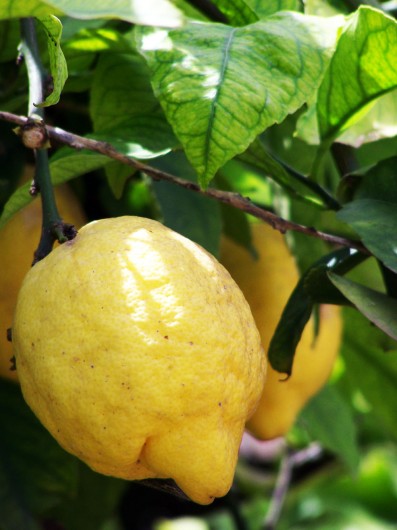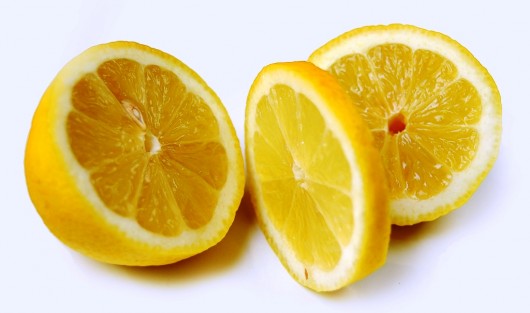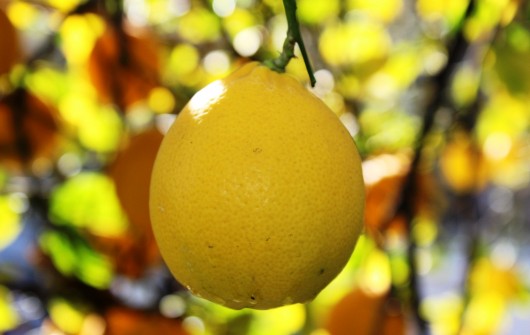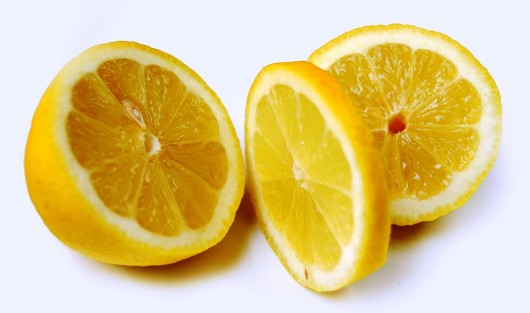Best Lemons for Lemon Juice and How to Choose Them
A tall glass of lemonade on a hot summer’s day can be so refreshing, especially when it was made in your kitchen. Producing a whole pitcher of lemonade is going to require a significant amount of juice from those lemons. By outfitting your collection of small kitchen appliances with a juicer and then buying the best lemons for juicing, squeezing out fresh lemon juice will become a quick and easy task.
A Lemon By Any Other Name
Originating in Southeast Asia, lemons are now cultivated in warm climates around the globe. California is the leading producer in the United States of this acidic fruit. The Lisbon, Eureka and Meyer are the three most commonly found varieties of lemons. The Lisbon and Eureka are very similar, the Eureka being the more abundant of the two in our nation’s supermarkets. Both have bright yellow skins with a slight texture of pores; that of the Eureka tends to be thicker. Both contain seeds; the Lisbon is juicier than its Eureka counterpart. The Meyer lemon is rounder; it’s thinner skin is a darker hue of yellow, slightly orange tinged. Meyers contain more seeds; however they are the juiciest of the three and are less acidic.
Let’s Go Shopping For Lemons
When selecting lemons, seek those with skin that is not so thick. They should be plump and firm, but yield slightly when you apply pressure with your thumb. The skin should be smooth and bright, shiny yellow. Skin bearing traces of green indicates fruit that has not fully matured and contains less juice that will be more acidic. Opt for lemons that seem heavy for their size; these will be the juiciest. Lemons that feel very light have begun to dry out and will contain more bitter pith than juice. Lemons should also be slightly aromatic when the skin is rubbed with your thumb.
Lemons In the Kitchen
When stocking up on lemons for future use, they may be stored in the refrigerator for two to three weeks. If their date with the juicer is within a few days, however, you may display them decoratively on the kitchen counter. Lemons should always be at room temperature when used; they will yield more juice. Before halving, firmly roll the lemons on the counter with your hand for several seconds, as this will free more juice from the pulp.
By buying the best lemons for juicing, fewer fruits will yield the required amount of juice for your recipe, thus saving money. You will also save time and effort with the helping hand of your juicer, inspiration for you to conjure up some lemonade, marinades for fish or meat, salad dressings and decadent desserts.



